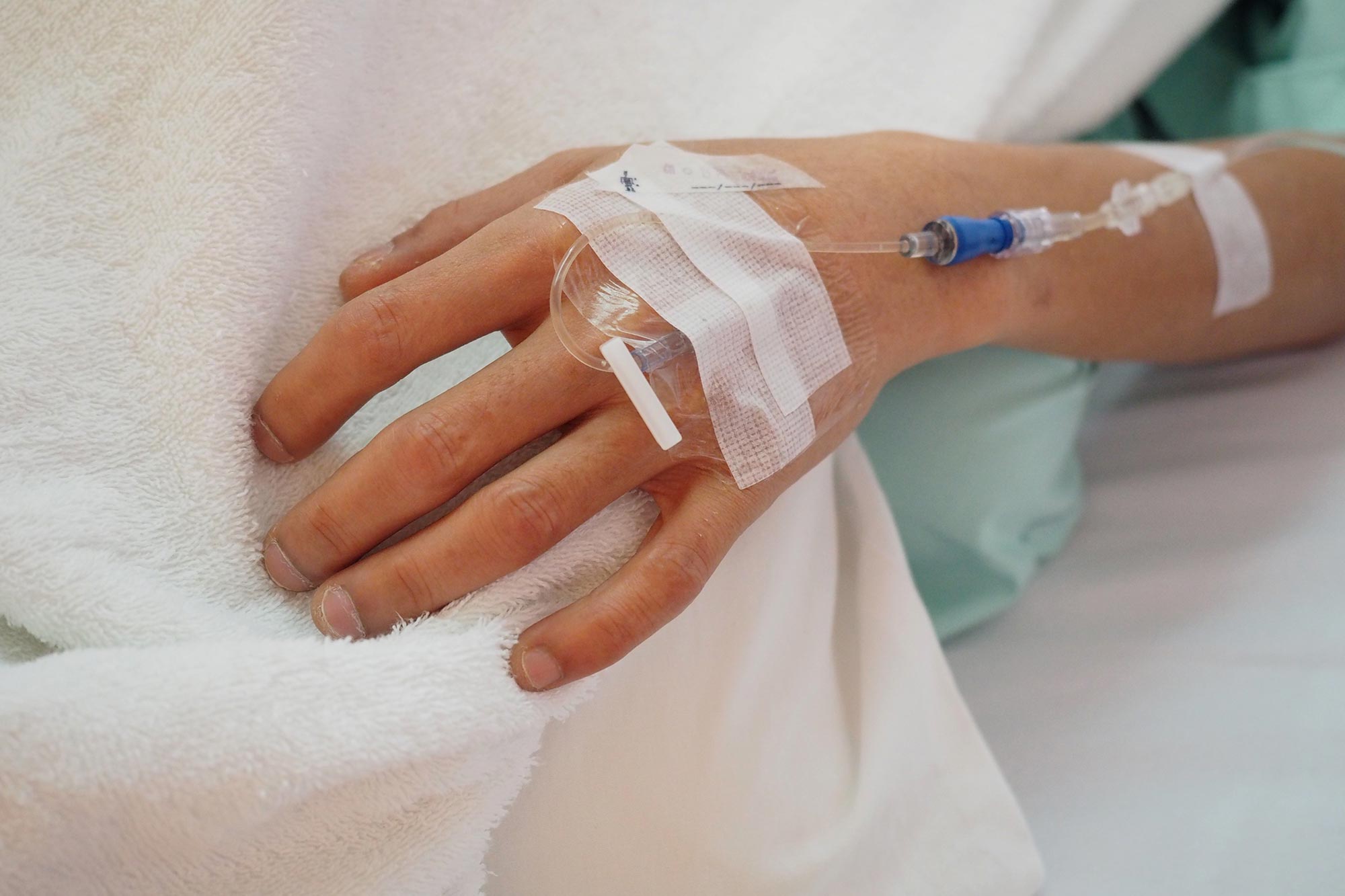The scientists found that intravenous administration of the vaccine increased the number of cytotoxic T cells capable of infiltrating and attacking tumor cells and engaging the innate immune system by stimulating type 1 interferon.
NIH scientists found that intravenous administration enhances anticancer action.
Experimental therapeutic cancer vaccines induce two distinct and desirable immune system responses that cause significant tumor regression in mice. This is according to a new research study published in the journal selaccording to researchers at the National Institute of Allergy and Infectious Diseases (NIAID), part of the National Institutes of Health (NIH).
According to research findings, intravenous (IV) administration of vaccines increases the number of cytotoxic T cells capable of infiltrating and attacking tumor cells and engages the innate immune system by inducing type I interferons. The innate immune response modulates the tumor microenvironment , counteracting the suppressive forces that would weaken Q cell function. No changes were found in the tumor microenvironment in mice that received the vaccine via subcutaneous administration (ie, needle injection into the skin).
Color electron microscope scan of T lymphocytes. Credit: NIAID
Dubbed the ‘vax-innate’ approach, the scientific team achieved the important goal of finding a more effective cancer immunotherapy vaccine. This study demonstrates that intravenous administration of the vaccine is possible and improves T-cell immunity by overcoming the tumor-induced immunosuppressive activity. According to the researchers, the vaccine candidate could also be given intravenously to people who have received cancer-specific T cells as a treatment. The researchers note that tumor control can also be improved by increasing the number of T cells and by changing the tumor microenvironment to function better.
SNAPvax, the name of the investigational vaccine, was designed by Robert Ceder, MD, and colleagues at the NIAID Vaccine Research Center (VRC) along with collaborators at Vaccitech North America, a clinical-stage biopharmaceutical company in Baltimore, Maryland. Vaccitech has announced plans to develop the SNAPvax platform for use in the treatment of cancer-associated human papillomavirus (HPV) by 2023.
Reference: “Systemic vaccination induces CD8+ T cells and remodeling of the tumor microenvironment” by Faiza Baharum, Ramiro A. Ramirez-Valdez, Ahad Khalil News, Shabnam Khalilnejad, Marlon Dillon, Dalton Hermans, Sloan Fossils, Kennedy KS Tobin, Charles Antoine Duterter, Jeffrey M. Leiner and Soren Muller , Florent Jennox, Andrew S. Ishizuka & Robert A. Sadir , 26 Oct. 2022 Available here. sel.
DOI: 10.1016 / j.cell.2022.10.006


